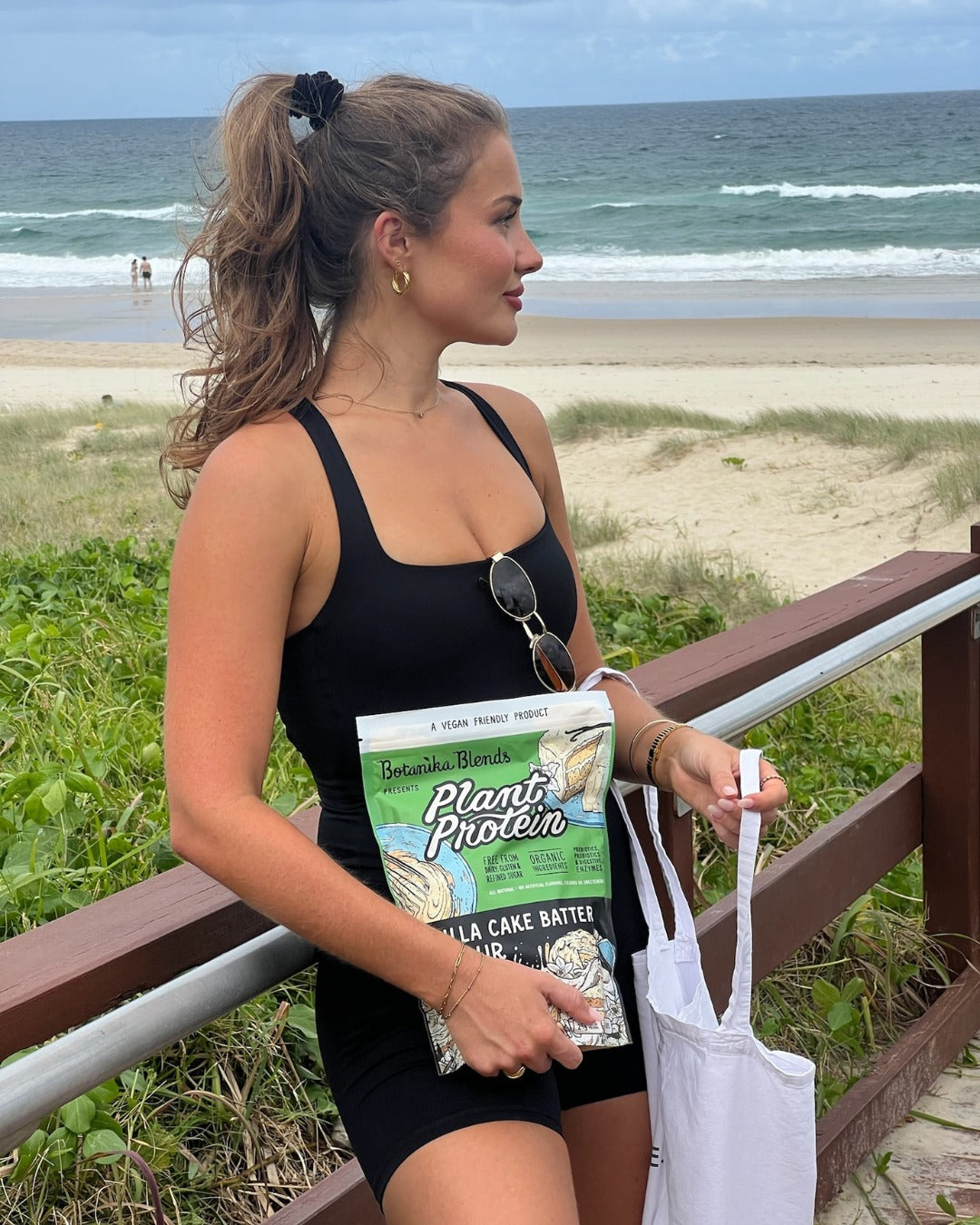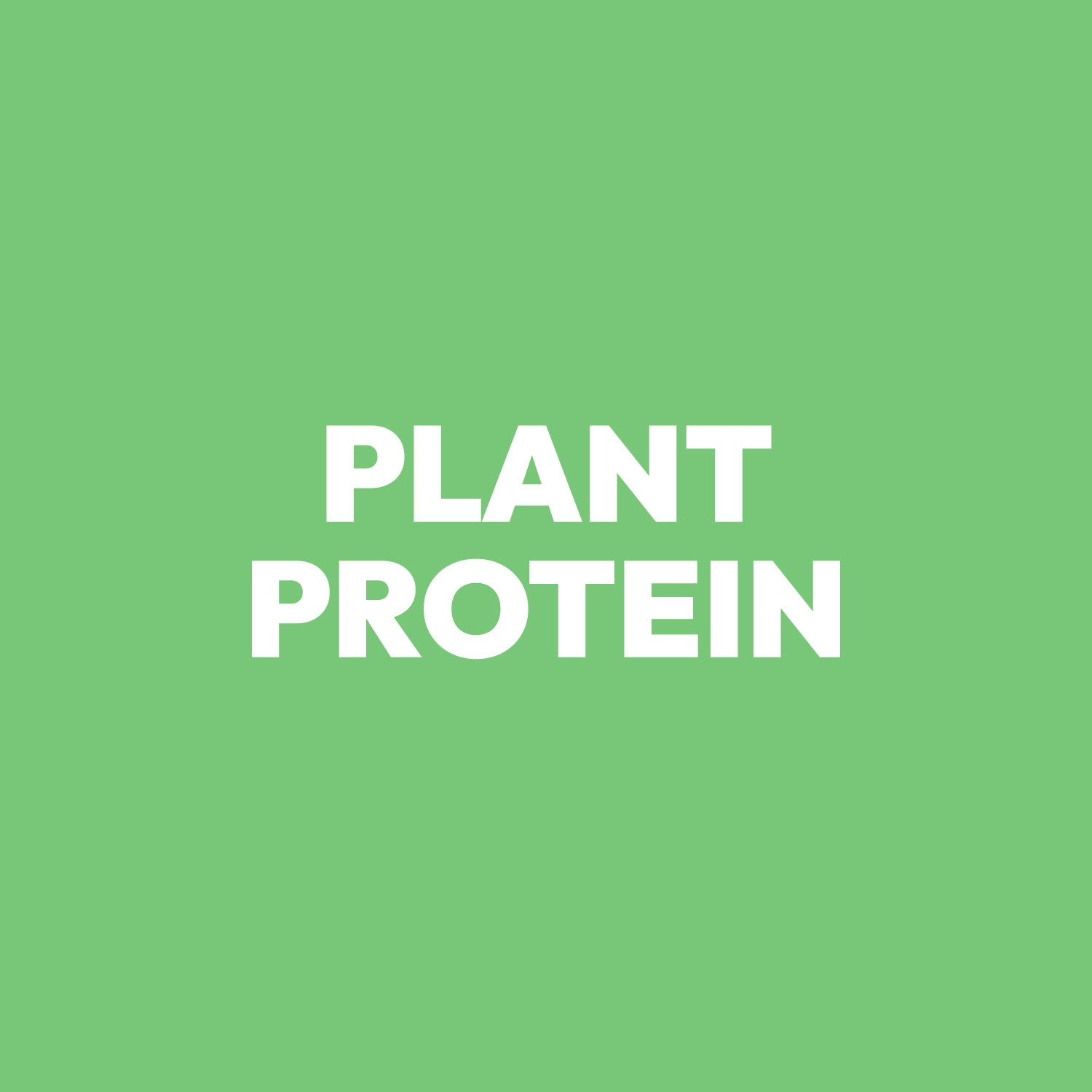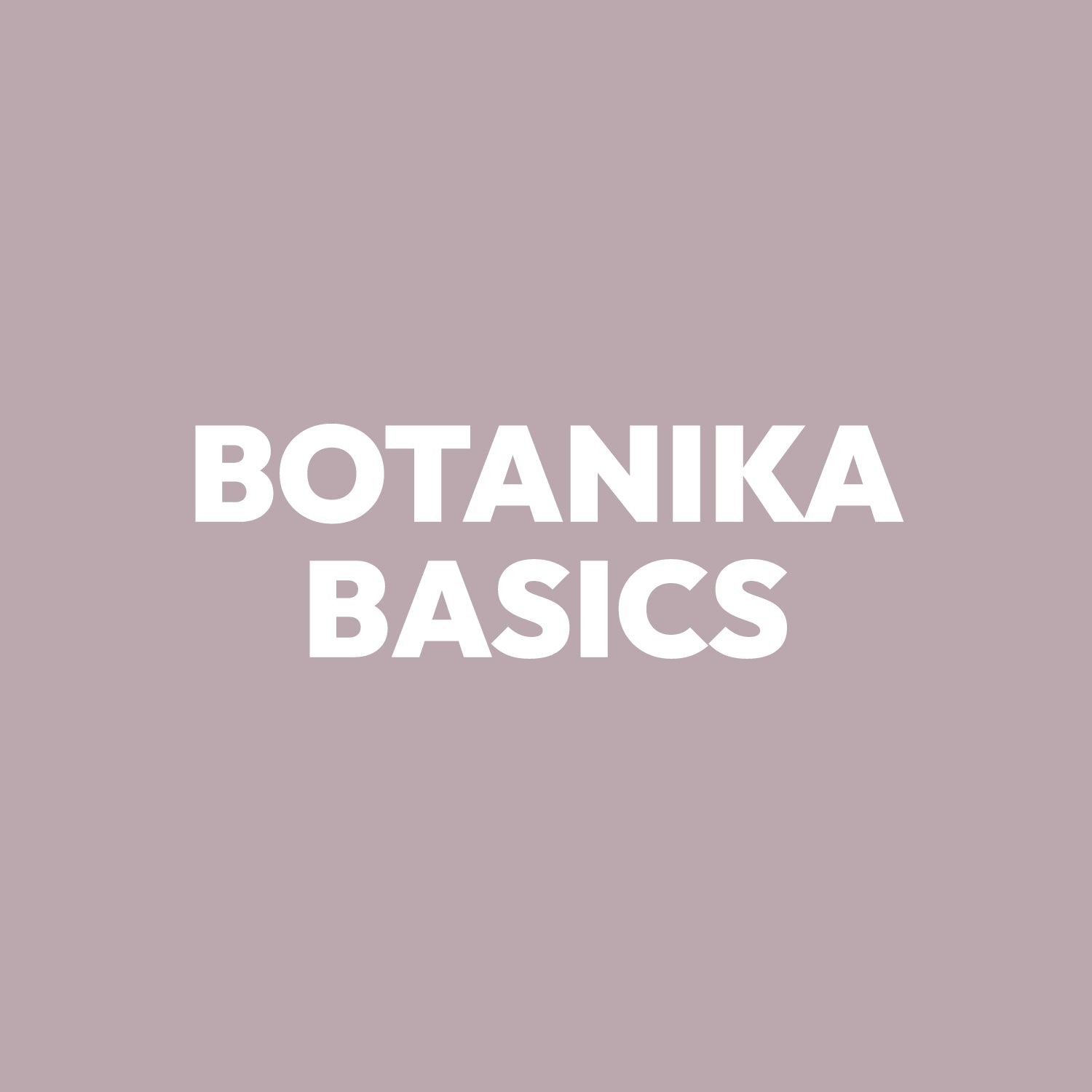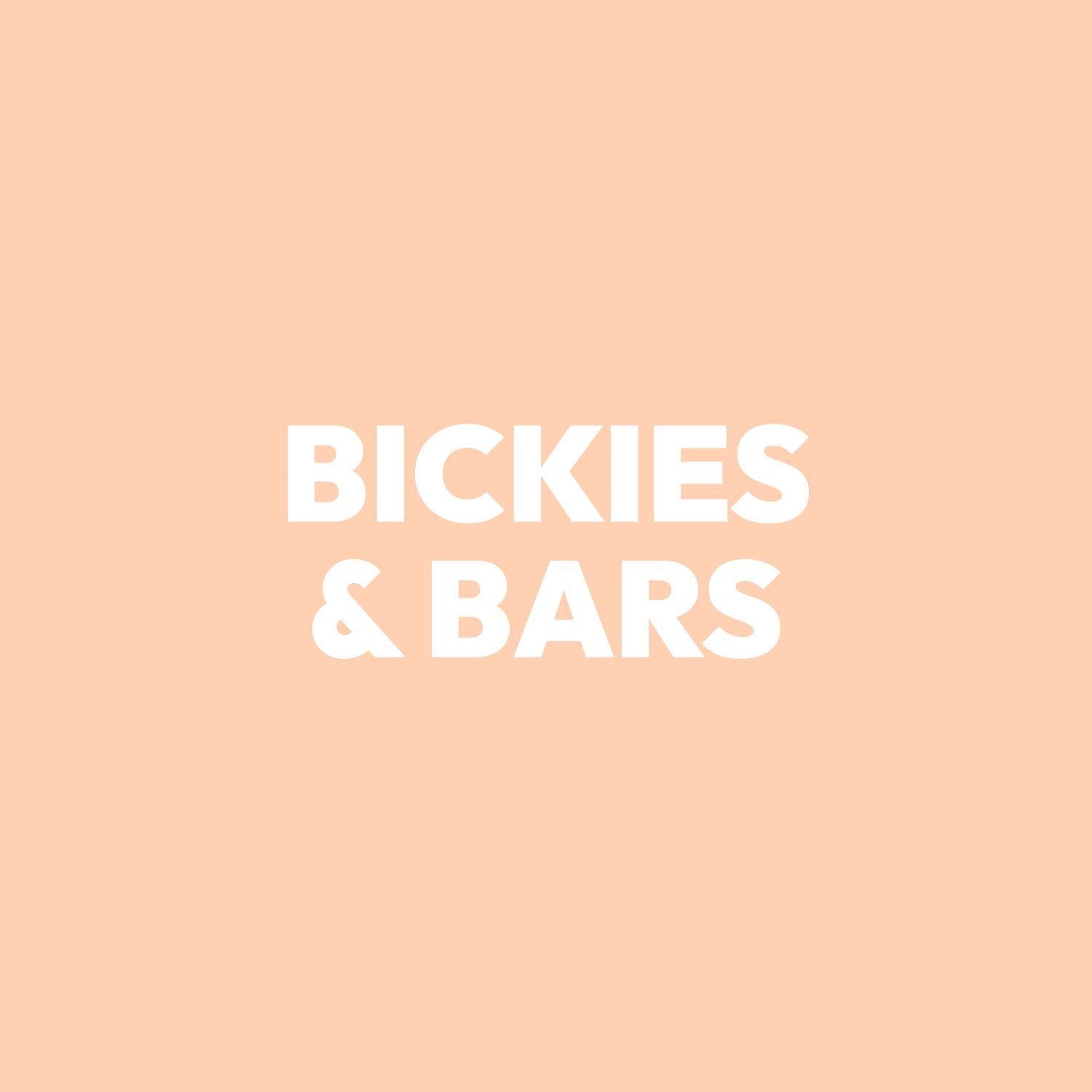

Prebiotic vs probiotic: who's who in the gut game?
In the world of gut health, you’ve probably heard of both prebiotics and probiotics—but do you actually know who’s doing what in your digestive tract? Think of it like this: probiotics are the live, helpful guests at your gut party, and prebiotics are the snacks they need to keep dancing. It’s a duo act, and both play a major role in maintaining a healthy gut microbiome.
The Basics: Prebiotic vs Probiotic
Let’s get one thing clear: it’s not prebiotics versus probiotics like they’re battling it out. It’s more like the ultimate collab.
-
Probiotics are live microorganisms, mainly bacteria (but also some yeasts), that live in fermented foods, probiotic supplements, or your gut. They’re the ones working hard to maintain balance, fend off harmful microbes, and support a healthy immune system.
-
Prebiotics, on the other hand, are high fiber foods that feed those good guys. They’re found in whole grains, fruits, vegetables, and legumes—basically, the things your gut flora throws a party for.
Why You Need Both for Gut Health
A healthy gut microbiome is all about diversity. Just like your playlist needs more than one genre, your gut needs different gut bacteria and the right fuel to thrive. When you get the balance right, the health benefits can be impressive:
-
Improved digestive system function
-
Stronger immune response
-
Support for mental health (yes, your gut and brain are that connected)
-
Lowered risk of inflammatory bowel disease, irritable bowel syndrome (IBS), and even insulin resistance
-
Increased production of short chain fatty acids like butyrate, which fuel your intestinal cells
Foods That Bring the Gut Love
Prebiotic Foods (aka fibre-rich gut fuel):
-
Bananas (especially slightly green ones)
-
Oats
-
Onions, garlic, and leeks
-
Asparagus
-
Jerusalem artichokes
-
Berries
-
Legumes (like chickpeas and lentils)
Probiotic Foods (aka living legends):
-
Yogurt (with live and active cultures)
-
Kefir (dairy and non-dairy)
-
Sauerkraut and kimchi (unpasteurised)
-
Kombucha
-
Miso and tempeh
These two categories together make up what we call prebiotic and probiotic foods, and they’re a gut-friendly dream team.
Can Supplements Help?
Probiotic supplements can be a helpful addition, especially if you’re recovering from antibiotics or dealing with digestive issues. But quality matters! Not all supplements contain the same probiotic strains or survive the acidic trip through your stomach. Look for ones that include multiple strains like those from the Lactobacillus or Bifidobacterium genus, and check for proper storage and dosage.
👉 Check this article: the best supplements for gut health and bloating
Meanwhile, prebiotic supplements can help boost your fibre intake, but they’re not always necessary if your diet is rich in prebiotic foods. As always, chat with a healthcare professional before starting any new dietary supplements.
The Bottom Line: Prebiotics and Probiotics are Better Together
Your gut microbiota is like a garden—it needs good seeds (probiotics) and rich soil (prebiotics) to flourish. When you prioritise prebiotics and probiotics, you’re doing your gut bacteria—and your whole body—a massive favour.
👉 Check this article: benefits of digestive enzymes
Together, they help maintain your digestive tract, improve immune system function, and even play a role in mental well-being. So next time you're choosing between kale and kombucha—just grab both.
Botanika Blends Bonus Tip
We’re all about gut love—from our plant-based proteins to our gut-nurturing jelly and pancake mixes.

Each product is carefully crafted with your digestive system in mind, often including prebiotic fibres, prebiotic, probiotic, and no dodgy stuff. Because you deserve a gut that’s as happy as your tastebuds.
Share:
FAQ – PREBIOTIC VS PROBIOTIC
More blogs
-

Best Natural Sleep Drinks Australia 2026
Sleep drinks are revolutionising how Australians approach better rest. Unlike tablets or teas, they deliver concentrated doses of sleep-supporting ingredients in a warm, enjoyable format that fits seamlessly into your evening routine. Magik Mylk Sleepy Hot Chocolate leads the market with...
-

Natural Sleep Ingredients Explained
Looking for better sleep without synthetic chemicals? Plant-based sleep supplements combine time-tested botanicals with modern science. Magnesium relaxes your muscles, L-glycine lowers body temperature for deeper sleep, L-tryptophan supports serotonin production, passionflower eases anxiety, and chamomile promotes calm, all working together naturally. This guide breaks down the top ingredients backed...
-

Chocolate Rice Protein Pudding
Leftover rice… but make it dessert 🍫This Chocolate Rice Protein Pudding is rich, silky, and quietly genius. Zero waste energy, chocolatey comfort vibes, and a sneaky protein boost... aka dessert that does more. Method 1. Melt your chocGently melt the dark...
















